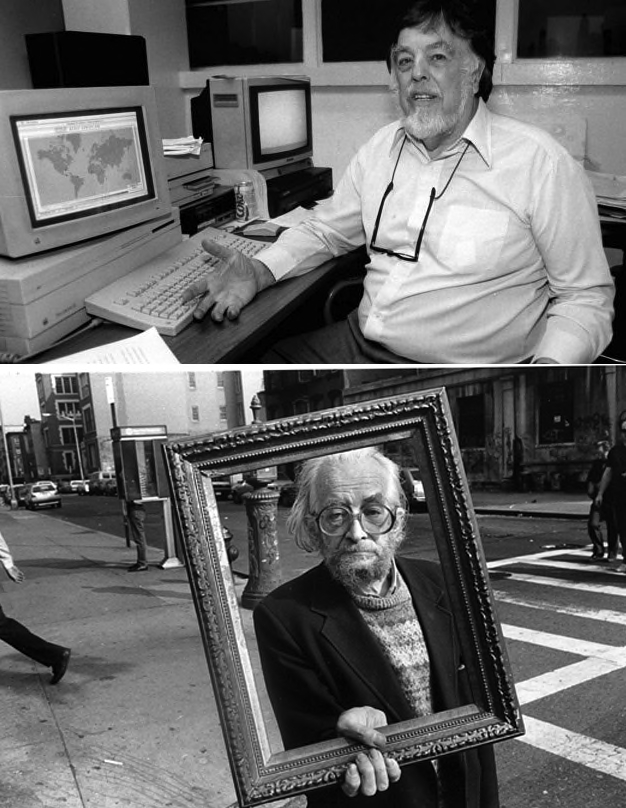The NUDHLConnections Grant supports graduate student travel to symposia, conferences, workshops, and other events related to digital humanities taking place outside the Chicagoland area. Students who receive funding to attend these events are required to present the knowledge they have gained at a future NUHDL meeting. The purpose of this grant is to support graduate student education, deepen digital humanities expertise and knowledge within the Northwestern community, and forge connections to other institutions.
First round of applications are due 4/12/13 for immediate use. For summer or fall 2014, applications are due 5/24/13. Email your application to mjk@northwestern.edu and j-enteen@northwestern.edu.
To be eligible for funding up to $500 (in addition to research stipends of $300 for HASTAC@NUDHL Fellows), applicants should submit:
1. Application Form (see below).
2. A current CV.
3. A statement not more than two pages, single-spaced, that details the nature of the event that you wishes to attend, how it relates to your research, teaching, or scholarly activity as well as what its value may be to digital humanities knowledge and learning at Northwestern more broadly.
4. Documentation (pdfs, screen shots, links, etc.) of your participation at NUDHL meetings, on the NUDHL blog (www.nudhl.net), and/or HASTAC (hastac.org), and/or similar spaces of digital humanities scholarly discussion.
5. Any supporting materials (pdfs, screen shots, links, etc.) that document your current digital humanities research.
6. Supporting materials from the event organizers: explanation of the event, cfp, advertising, or other relevant documents.
NUDHLCONNECTIONS GRANT APPLICATION FORM:
NAME:
DEPT:
DATE STARTED GRADUATE SCHOOL AT NORTHWESTERN:
STATUS of GRADUATE WORK (in coursework; ABD; final year, etc):
EMAIL:
PHONE:
ADDRESS:
—-
EVENT FOR WHICH STUDENT WISHES TO RECEIVE FUNDING:
MANNER OF PARTICIPATION (i.e. attending, participating as student, presenting, etc.)
DATES OF EVENT:
LOCATION OF EVENT:
SPONSOR OF EVENT:
OVERALL BUDGET FOR ATTENDING EVENT (Registration fees, travel, hotel, etc.):
POSSIBLE DATES (MONTH, YEAR) FOR NUDHLCONNECTIONS PRESENTATION:
—-
First round of applications are due 4/12/13 for immediate use. For summer or fall 2014, applications are due 5/24/13.
Email your application to mjk@northwestern.edu and j-enteen@northwestern.edu.
![HappyHourApril19[1]](https://sites.northwestern.edu/nudhl/files/2013/04/HappyHourApril191.png)




